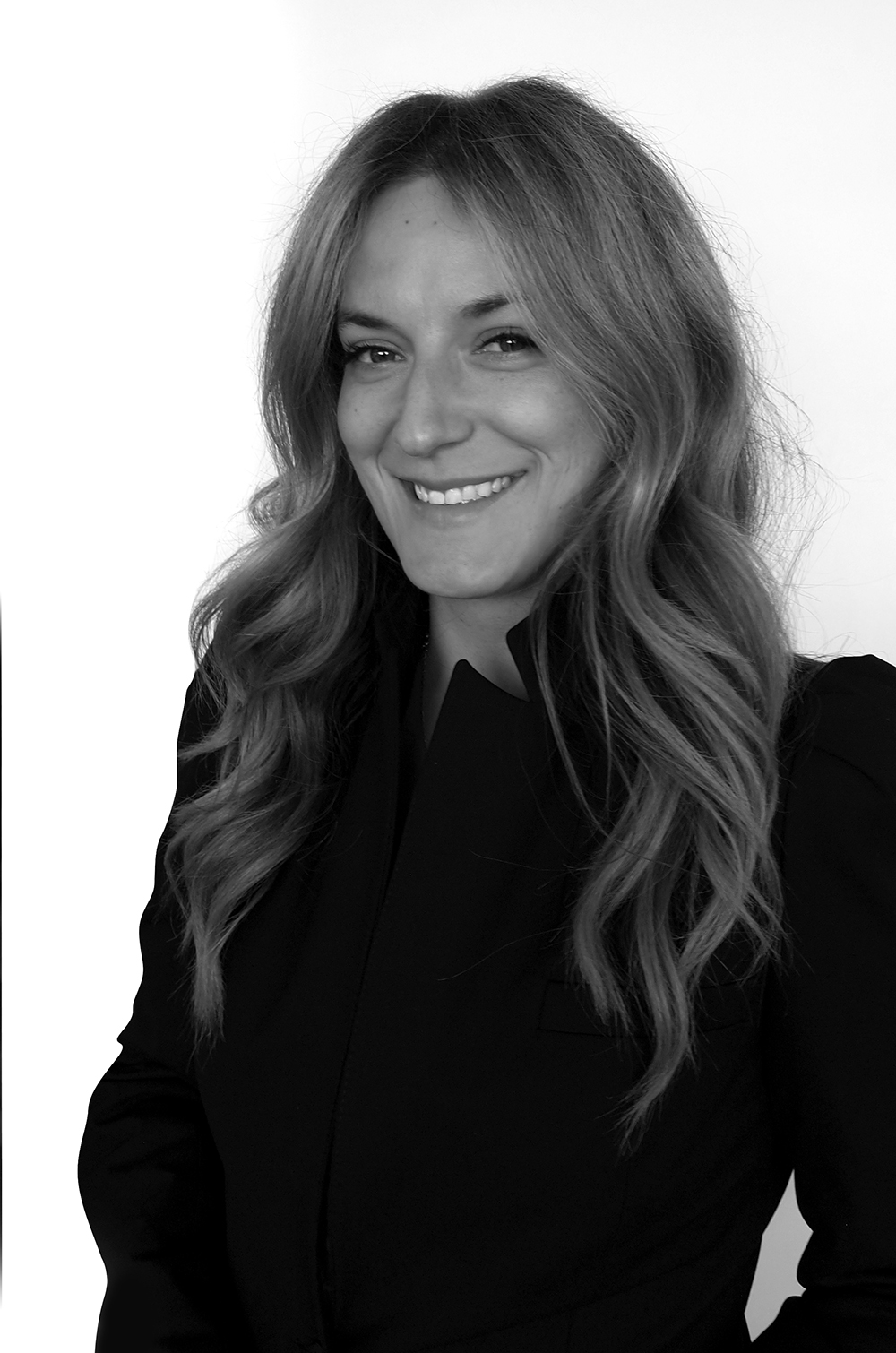Recently the Fashion Business School took over the Louis Vuitton Series 3 venue to host an Executive MBA (Fashion) panel discussion with industry leaders about the position of women in the business side of fashion. We caught up with EMBA student Valerie Ann Higgins to discuss the evening and how the course helps busy international professionals achieve leadership positions in their industry.
Valerie works in global luxury and fashion lead, her focus is firmly on the emerging intersection of technology, luxury and culture, dedicating her time to staying at the forefront of innovation and strategy. Valerie graduated from Parson’s School of Design before enrolling onto the EMBA at LCF. She now works between both the creative and business worlds, dedicating her career to helping Fortune 500 companies organise and prepare for the future. These companies include PepsiCo, P&G, J&J, Target, FedEx, Hillshire, and Kraft.
What does your EMBA mean to you, and why did you choose the course?
To me EMBA means a possible better future with a better job. My hope is that having an EMBA under my belt will give me more legitimacy and authority in my career. I also hope that it catapults me into a senior position, I have lost out on key senior roles to others with MBAs but less industry experience.
Why did you choose LCF?
I chose LCF for many reasons. The first is because it’s in London, a city I have always wanted to live in and a country where I am from but have never really lived in. The second reason is the association with UAL. I also liked that the programme allowed me to continue working, and it didn’t require a GMAT score for applying.
What is your role now, and how did you get to this point?
My title is: Global Luxury and Fashion Innovation lead. I started off my career as a graphic designer in the advertising industry then graduated to art direction and then eventually ended up in Strategic Innovation.
What are the most interesting parts of your course?
I very much enjoyed the trip to Milan; I felt I got a first hand look at the production side of the business. Interestingly, I appreciated learning the theoretical context around many business standard practices. These ideas have never been formalised to me even though I use them daily.
What is the balance of theoretical and practical work on the course?
The balance is what I would have expected. For most of us, we are forced to do most of our research using the internet, simply because of a lack of time. I think this course gives you the flexibility to satisfy your own curiosities as in, if you would prefer to focus on theory then there’s nothing stopping you from doing so.
One of the key questions of the debate was, ‘Only one of the top ten publicly listed fashion brands have female CEOs, why is this?’ Do you think women are underrepresented in the business side of fashion?
They are. But they won’t be for much longer. There are still vestiges of the old management models that still exist, but women dominate middle management and those women will eventually rise to the top. I am not really that worried to be honest. I don’t think men are intentionally trying to keep women from rising to the top, I just think that tier of management will go into retirement allowing for the next generation of management to rise up opening up the playing field to everyone.

The EMBA panel at the Louis Vuitton Series 3 exhibition on The Strand. Left to Right: Professor Frances Corner, Lou Stoppard, Jason Beckley, Ada Zanditon and Hilary Riva OBE
What would be your top three tips for prospective students?
1. Be prepared to lose a year of your life to this programme. It’s a hell of a lot of work and requires a lot of your time.
2. Be willing to challenge your lecturers. I feel as though you can get a lot more out of the course if you are prepared to question everything and inject a little creative thinking, not just take everything at face value.
3. Prioritise, prioritise, prioritise! It’s impossible to read everything that you are assigned and complete everything to the best of your ability and attempt to work a full-time job. Pick and choose the things that interest you the most and invest most of your energy into those things. At times I gave certain assignment 50% simply because I knew, in the end it didn’t really matter. Otherwise you will drive yourself crazy. I saw a lot of people unable to differentiate the things that are really important and the things are interesting but ultimately don’t matter and shouldn’t require as much of your time. You are better off, in my opinion of course, having a really good night sleep.
Where and what would you like to be doing in five years’ time?
In five years time, I would really like to be an authority and thought leader in the intersection of fashion / luxury and technology. I would like to help brands around the world implement fashion technology initiations that best suit their businesses and are purpose driven. I don’t like that as of right now most fashion tech is very gimmicky and I would like to change that. As an aside, I would also like to be the first person to have written a book around the topic.


